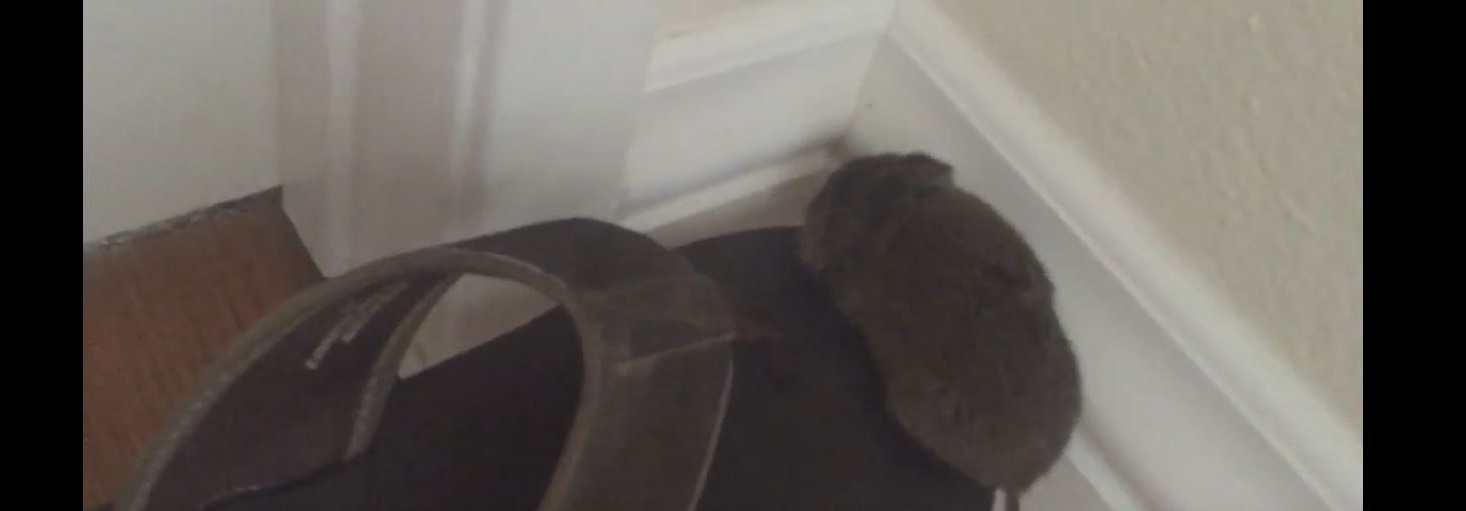If I have one rat are there more
Rats are social animals by nature. They tend to live in communal groups in which one male rat is dominant. The alpha rat has his choice of food, nesting area, and mates. Every other rat in the commune knows its place in the pecking order, and behaves accordingly. Rats are not particularly interested in outsiders moving in either. Rats normally move and forage about in the open whenever they want, especially at night. Because they will move around anytime they are hungry, day or night, sightings are not a good indicator of how many rats are living in your building. There are some lines of thinking that claim “If you see one rat you have ten”. There is also a "geus-timate" that says there is “one rat for every person” in highly infested areas like New York City or Chicago.

There is no basis in fact these claims. Because a rat will wander around in between napping, you cannot be sure that you are the same tat, or one of its cronies. It would also be nearly impossible to judge how many rats are living in a large urban area. The number of rats in any area is based on the availability of food, water, and shelter. When all these variables are taken into consideration, the numbers are far more likely to be one rat for every 30(or so) people. A better gauge to determine the approximate numbers of rats is to watch all the obvious signs in the area. Look for droppings, signs of nesting, and the amount of damages like chewed wiring, holes in walls, etc. Because rats are so adaptable, clever, and able to infiltrate spaces the size of a quarter, it is almost impossible to stop rats from accessing any area they want. Because they can move around so freely, it is more difficult to get an accurate estimate on their numbers. The number of rats that you have does not matter.
The problem is that you have any rats at all. Even one rat is a dirty disease ridden machine of destruction. Rather than focusing on how many rats you have in your home, focus your attention on how to get rid of them. The longer they are allowed to roam freely in your home, the more damages you will have from their constant chewing, scratching, and clawing. You also run the risk of diseases and pests like fleas, ticks, and lice. Their feces and urine smells, and stains every surface it touches. When droppings dry out, they become an airborne powder that can carry dangerous bacteria. If you see even one rat, take steps to be rid of them immediately.
Read the How to get rid of rats page for helpful information and to learn more about If I have one rat are there more
If I have one rat are there more

